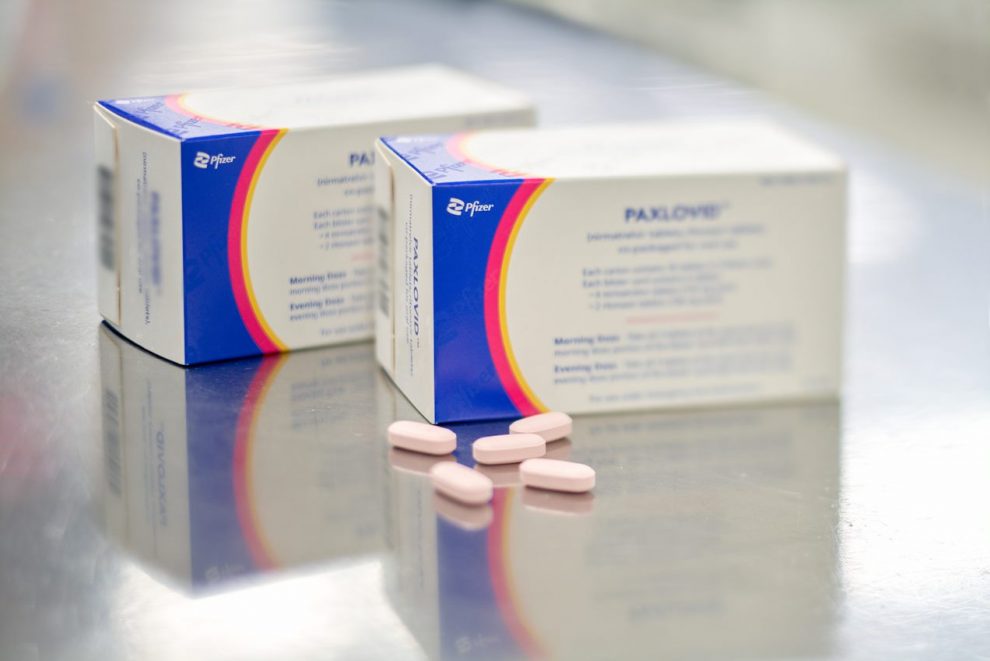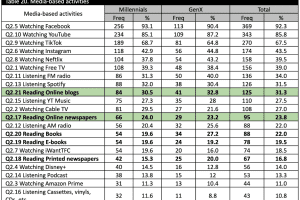Pfizer Inc. (NYSE: PFE) announced an agreement with UNICEF to supply up to 4 million treatment courses of its COVID-19 oral treatment, PAXLOVID™ (nirmatrelvir [PF-07321332] tablets and ritonavir tablets), to 95 low- and middleincome countries, pending authorization or approval. This includes all low- and lower-middleincome countries and some upper-middle-income countries in Sub-Saharan Africa as well as countries that have transitioned from lower-middle to upper-middle-income status in the last five years, accounting for approximately 53% of the world’s population.
Financial details of the agreement were not disclosed. Pfizer expects supply to be available to support orders in April 2022, and supply will continue throughout 2022, pending regulatory authorization or approval and according to country needs. All low- and lower-middle-income countries will be offered the treatment courses at the not-for-profit price while upper-middleincome countries will pay the price defined in Pfizer’s tiered pricing approach.
“We have seen the negative impacts of COVID-19 in every part of the world and know that we must work towards access for all people regardless of where they live or their circumstances,” said Albert Bourla, Chairman and Chief Executive Officer, Pfizer. “Supplying to UNICEF is an important part of our comprehensive strategy to accelerate access to PAXLOVID to treat COVID-19 infection as quickly as possible and at an affordable price in order to decrease the strain on healthcare systems and help save lives in low- and middleincome countries.”
Our Commitment to Equitable Access
Pfizer is committed to working toward equitable access to PAXLOVID for all people, aiming to deliver safe and effective antiviral therapeutics as soon as possible and at an affordable price. During the pandemic, Pfizer will offer its oral therapy through a tiered pricing approach, pending country authorization or approval, based on the income level of each country to promote equity of access across the globe. High and upper-middle income countries will pay more than lower income countries.
Pfizer continues to invest to support the manufacturing and distribution of PAXLOVID, including exploring potential contract manufacturing options. As a result of these efforts, Pfizer has raised its production projections, with the ability to produce up to 120 million courses of treatment by the end of 2022, pending global demand.The company has initiated bilateral outreach to more than 100 countries around the world and has entered into agreements with multiple countries. Additionally, Pfizer has signed a voluntary license agreement with the Medicines Patent Pool (MPP) for its oral treatment to help expand 2 access, pending country regulatory authorization or approval, in 95 low- and middle-income countries that account for approximately 53% of the world’s population.












